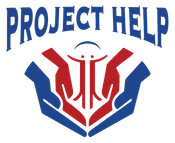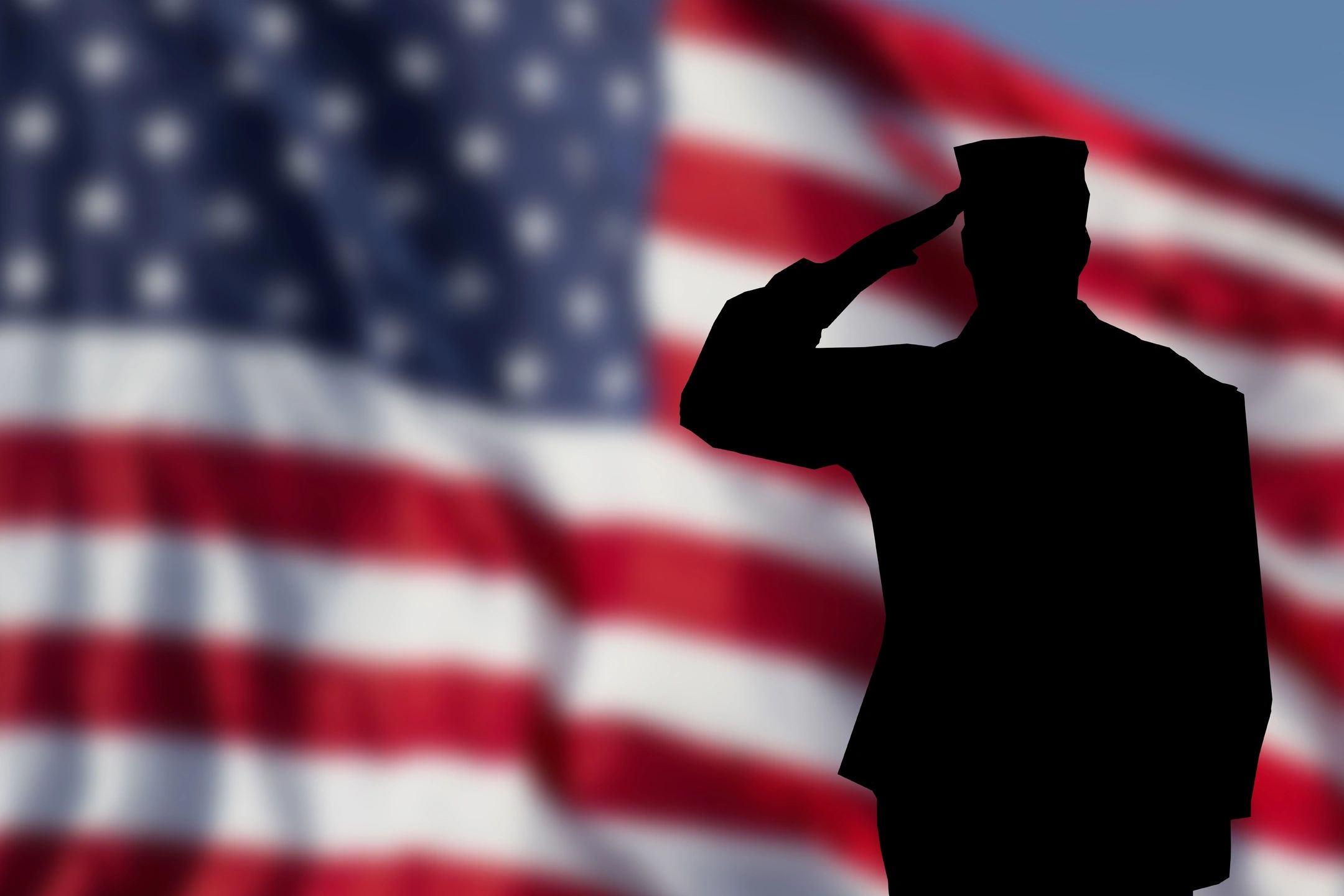General Douglas MacArthur once said,
The soldier above all prays for peace, for it is the soldier who must suffer and bear the deepest wounds and scars of war.
Sometimes the injuries our soldiers suffer are obviously physical but all too often the wounds - like PTSD and depression - are not visible but yet they are just as deeply felt. “When depression hits a veteran the fall into darkness is farther down and climbing back up is much harder,” said veteran soldier David X.
David understands all too well that doing what’s honorable changes a person in good ways and bad. His life changed after high school graduation when he decided he wanted to serve his country. He joined the army, trained at Fort Knox in Kentucky then went on to serve four years on tanks and two years in counterintelligence.
David was one of the “lucky” ones. He walked away from the U.S. Army after military service without any lasting physical injuries. However the mental scarring was massive.
The reality of war - fighting and killing - is a terrible burden.
For David the hurt was compounded when his best friend committed suicide while they were stationed in Germany. Something like that, “alters your perspective about where you fit in the civilized world,” he said.
When David came home he tried to start over again as a civilian. He married, had two little girls and got a good job with Merrill Lynch. For a brief moment life was good, “then it all unraveled,” he said.
The Merrill Lynch branch where he worked closed so he became unemployed. He worked at a bunch of minimum wage jobs but it wasn’t enough to support his family.
One day David got a job through a government program that paid employers $1,000 to hire veterans. But six months later the job was eliminated. “I realized it was a revolving door of vets at this company. They would hire us and after six months when they got the government check they’d let us go and hire a new group of vets,” he explained. “We were totally exploited.”
[Note: according to David this government program has been cancelled.]
Then his wife left. “It’s hard maintaining a relationship, he said, “you tend to live a lot in the past. And then there’s the survivor’s guilt.”
The couple divorced in 2005 and David got custody of his children but he was struggling financially. His wife was not contributing to the care of their daughters and finances got so bad “they were about to turn off the electricity,” David said.
David explained that one of the biggest problems for vets is that there isn’t one beacon, a central place to go for help whether it’s an emotional, physical, financial or professional issue.
“I was struggling,” he said. “Someone would say try here or contact this group. It was hard reaching out over and over again to find the right resource especially when time was running out. The truth is there is no single point of contact for veterans to turn to.”
Then something really good happened. “By the grace of God I met Sandy Mitchell” David said.
Mitchell is the Executive Director of Project Help, a 501c3 all-volunteer charity dedicated to assisting veterans facing unemployment, underemployment, financial hardships, legal issues, and physical and mental afflictions.
She helped David to formalize a plan and put together a budget in addition to finding the resources he needed. “It was a bad situation but with her help I slowly turned my life around,” he said.
Over the next three years Mitchell and David worked together intermittently to resolve issues that seemed overwhelming at times. He said “I’m in a much better place mentally now.”
Today David’s daughters are almost grown, he has a good job that he enjoys and he is ready to get involved with Project Help to “pay it forward.”
David and vets like him need your help. Please donate to the Project Help “Hardship Fund” and help us help other veterans like David.

